UMPSA launches Integrated TVET-Based Community Programme for Rumah Penyayang Tun Abdul Razak
PEKAN, 4 July 2025 – Universiti Malaysia Pahang Al-Sultan Abdullah (UMPSA) has taken a significant step in community empowerment by signing a Memorandum of Understanding (MoU) with Rumah Penyayang Tun Abdul Razak, aimed at supporting the underprivileged through education, skills training, technological empowerment, and overall well-being.
The MoU was signed by UMPSA’s Deputy Vice-Chancellor (Research and Innovation), Professor Ts. Dr. Aida Mustapha, and the representative of the Rumah Penyayang Tun Abdul Razak Board of Trustees, Datuk Shahlan Ismail.
Also present to witness the ceremony were the Chairman of the Pahang State Committee for Investment, Industry, Science, Technology and Innovation, Yang Berhormat Dato’ Mohamad Nizar Dato’ Sri Mohamad Najib, along with the Director of UMPSA’s Industry Relations Centre, Professor Ir. Dr. Chin Sim Yee.
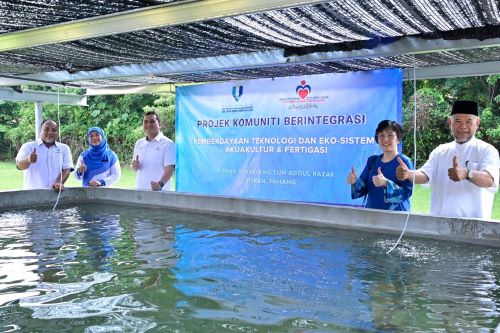
The event also marked the official launch of the Integrated Community Programme at Rumah Penyayang Tun Abdul Razak, Pekan.
Professor Ts. Dr. Aida shared that under the UMPSA Social Innovation and Community Knowledge Transfer Grant, the university has rolled out various high-impact initiatives designed to foster stronger community networks while transferring valuable knowledge and technology.
“This programme comprises five key sub-projects focusing on TVET skills and technology, namely: Solar and Fertigation Technology, Automatic Irrigation Systems, Probiotic Fertigation Technology, Web Application and Software Project Management, as well as Marketing and Entrepreneurship,” she said.
Each initiative is led by UMPSA academics who are experts in their respective fields, with the aim of empowering the community through a multidisciplinary approach that spans technology, education, and entrepreneurship, ultimately equipping the residents of Rumah Penyayang Tun Abdul Razak with sustainable, future-ready skills.
“In the area of Agricultural Biotechnology and Fertigation Systems, for instance, we’ve introduced training and hands-on modules to the RPTAR community, covering modern agricultural practices such as hydroponics, table and open fertigation, and the Recirculating Aquaculture System (RAS),” she added.
Professor Ts. Dr. Aida believes that this practical, skill-based approach can significantly boost the community’s capacity to produce sustainable food resources using modern, technological methods.
She expressed confidence that such initiatives could pave the way for broader collaboration between higher education institutions and communities across Malaysia.
Carrying the slogan ‘Technology for Society’, the project is closely aligned with the United Nations’ Sustainable Development Goals (SDGs), especially SDG 1 (No Poverty), SDG 2 (Zero Hunger), and SDG 11 (Sustainable Cities and Communities).
It also supports the nation’s aspirations for a more resilient, high-tech, and sustainable agri-food sector.
By: Siti Nur Azwin Zulkapri, Centre for Corporate Communications
Translation by: Aminatul Nor Mohamed Said, UMPSA Career Centre (UMPSACC)
- 61 views


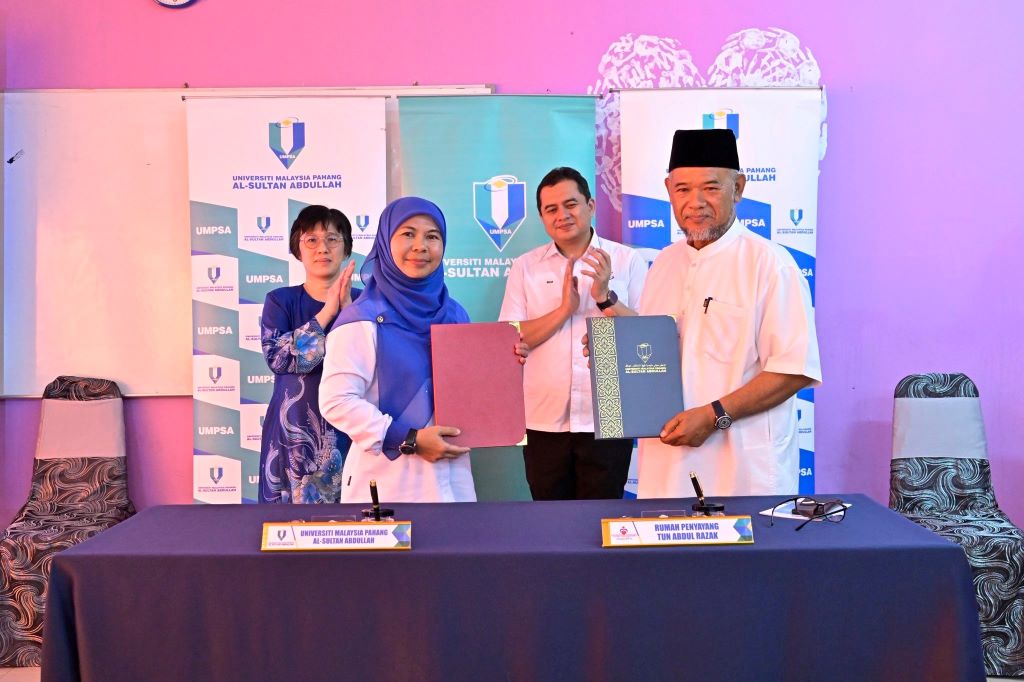
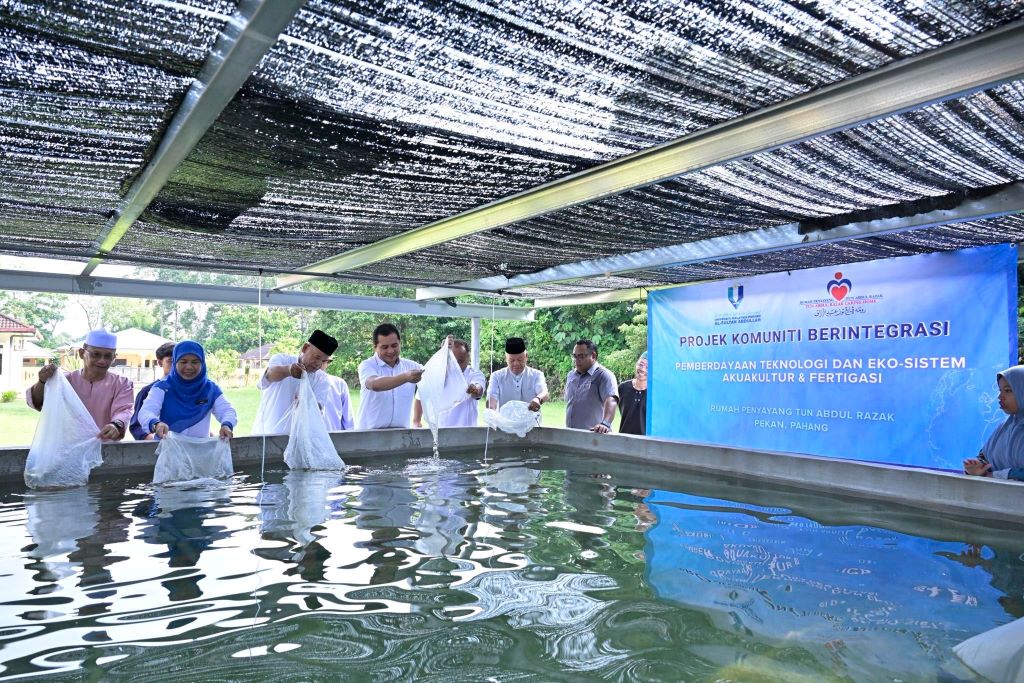
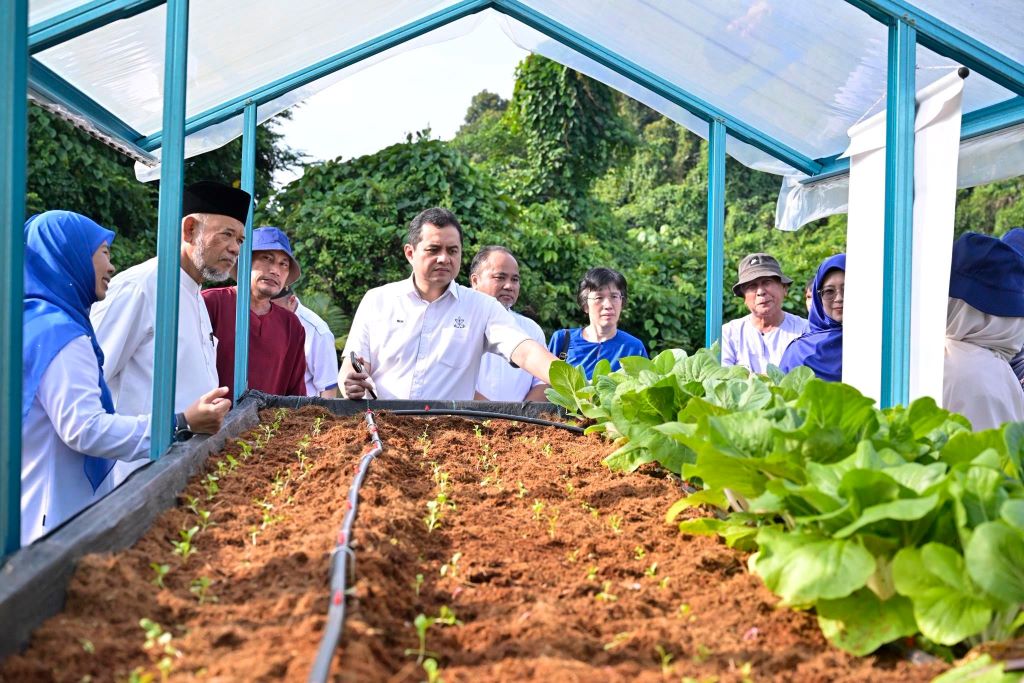
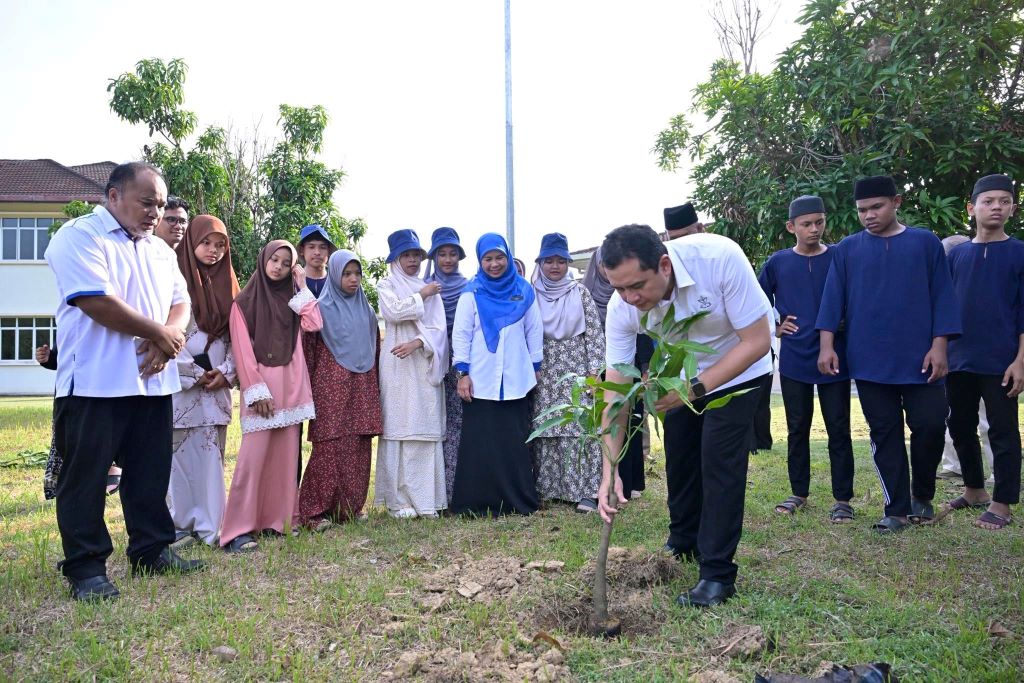
 Reports by:
Reports by: 






